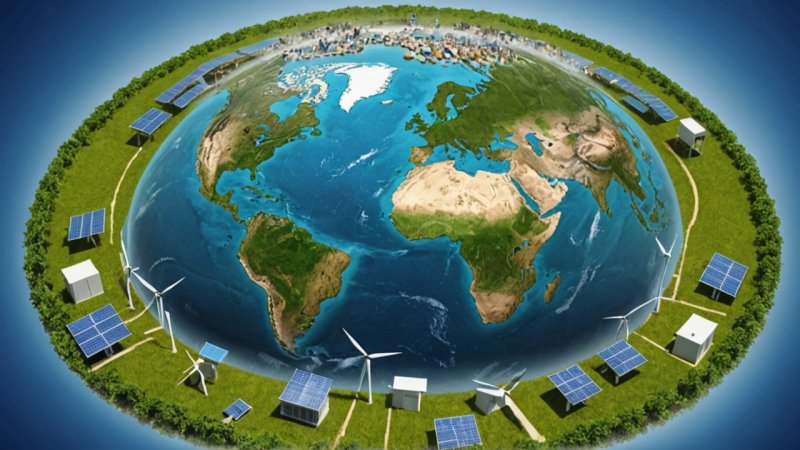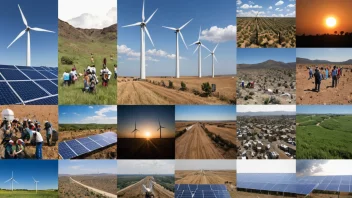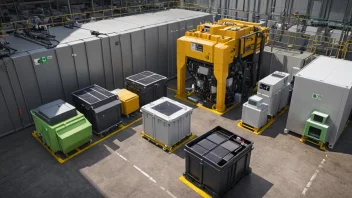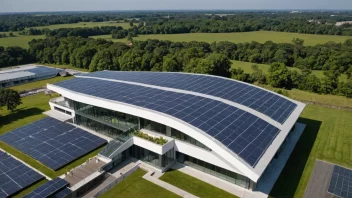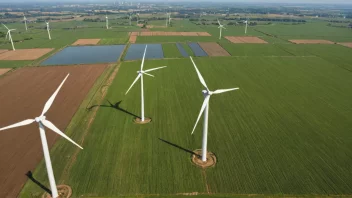The shift towards renewable energy sources is more than just an environmental necessity; it is also reshaping the global economy in profound ways. As countries scramble to meet climate goals and reduce carbon emissions, investments in renewable energy technologies—such as solar, wind, and hydroelectric power—are surging. This transition is creating new job opportunities, stimulating innovation, and altering energy markets around the world.
One of the most significant impacts of renewable energy on the global economy is job creation. According to the International Renewable Energy Agency (IRENA), the renewable energy sector employed over 11 million people worldwide in 2018, a number that continues to grow. Jobs in solar panel manufacturing, wind turbine installation, and energy efficiency retrofitting are just a few examples of the new opportunities arising from this transition. These jobs often offer competitive wages and require a range of skill levels, from technical training to advanced engineering.
Moreover, as countries invest in renewable energy, they are also fostering innovation and technological advancements. The competitive nature of the renewable energy market encourages companies to develop more efficient and cost-effective technologies. For instance, the cost of solar photovoltaic (PV) systems has plummeted by over 80% since 2010, making solar energy more accessible than ever. This rapid technological advancement not only benefits consumers with lower energy bills but also drives economic growth by attracting investments.
The rise of renewable energy also has implications for energy markets. Traditionally dominated by fossil fuels, the energy sector is undergoing a transformation as renewable sources gain traction. Countries that were once heavily reliant on oil and coal are now diversifying their energy portfolios. This shift is leading to more stable energy prices and reducing the volatility associated with fossil fuels. In turn, it can enhance energy security and reduce the geopolitical tensions tied to oil supply and pricing.
Furthermore, the renewable energy transition is encouraging a shift in investment strategies. Investors are increasingly recognizing the long-term potential of sustainable energy projects. Green bonds, which fund environmentally friendly initiatives, have gained popularity, attracting institutional and retail investors alike. This influx of capital is crucial for scaling up renewable energy projects and making them a viable alternative to fossil fuels.
On a broader scale, the transition to renewable energy is contributing to the fight against climate change, which has significant economic implications. As climate-related disasters become more frequent and severe, they pose risks to infrastructure, health, and economies. By investing in renewable energy, countries can mitigate these risks and build resilience against climate impacts. Additionally, transitioning to a low-carbon economy is essential for achieving sustainable development goals, which aim to improve quality of life while protecting the planet.
In summary, the rise of renewable energy is transforming the global economy by creating jobs, fostering innovation, stabilizing energy markets, attracting investment, and addressing climate change. As more countries commit to sustainable energy practices, the economic landscape will continue to evolve, driving progress towards a cleaner, greener future.
Renewable Energy: A Game Changer for Economies
Explore how the shift towards renewable energy sources is reshaping the global economy, creating job opportunities, and fostering innovation.
